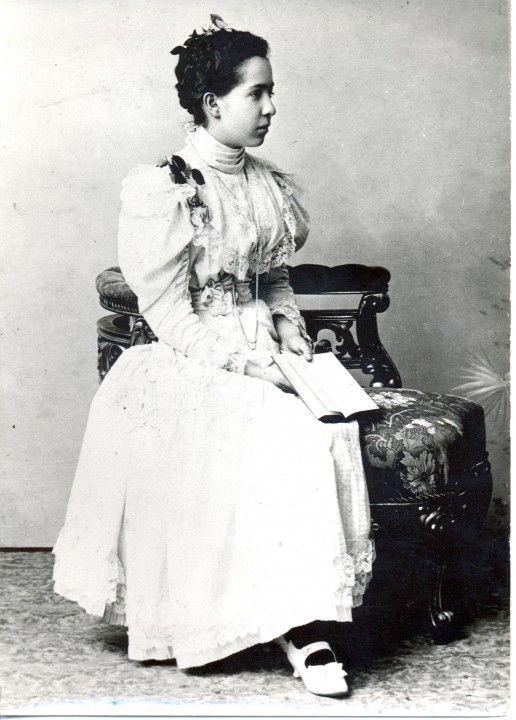In an era when few ventured abroad, Alma Karlin was a globetrotter. Proficient in eight languages, she possessed a profound drive to explore different cultures and to see the world in all of its diversity. Always an independent thinker, she paid for her iconoclastic nature by dying as a poor, marginalized woman.
Born into a Slovenian family in the town of Celje back in 1889, she was nevertheless raised with German as her native language. Even as a young woman, Karlin was interested in the world beyond her native land. She spent ten years living in four European capitals: London, Paris, Stockholm, and Oslo. Her extraordinary knack for languages helped her to feel at home wherever she lived. In London, she passed language proficiency exams in English, Danish, French, Finnish, Italian, Latin, Norwegian, Russian, and Spanish. But even that was not enough for Karlin’s linguistic ambitions; at the time of the exam, she was also studying Chinese, Japanese, and Farsi.
Her language skills got her a job as a teacher, and she met a number of students from Asia. (A Chinese student even proposed to her, but her mother vetoed the marriage.) The contacts piqued Karlin’s interest in exotic cultures.
In 1919, Karlin embarked on a trip around the world. The journey took her from Peru all the way to the U.S., followed by Hawaii, Japan, Korea, and post-Imperial China. She also visited various destinations throughout the Pacific, Thailand, and India. Her remarkable odyssey, made with her typewriter in tow, took her eight years to complete. Karlin was far from a typical lady traveler of the era: She paid for her own travel expenses by working, and even had a short-lived relationship with a Japanese man. Her travels were far from comfortable; in fact, she suffered through a serious bout of malaria. Throughout her journey, she kept sending back articles that were published by German-language newspapers.
After her return, Karlin wrote a series of books about her experiences. In the travelogues, she vividly described the cultures of the places she visited, and the books became very popular in much of Europe. When a Berlin journalist named Thea Schreiber Gamelin heard Karlin describing her travels on German radio, she wrote her a letter of admiration. Gamelin came to Celje to write an article on the intrepid traveler, and eventually moved to Slovenia to live with Karlin. To this day, experts cannot agree whether the two were lovers, but Karlin and Gamelin remained companions and soul mates for the rest of their lives together.
A bitter opponent of fascist ideologies, Karlin was imprisoned after Nazi Germany occupied Celje. It was only on Gamelin’s intervention that she was set free. Karlin joined the resistance Partisan movement, in part because she wanted to establish contact with the British forces. However the Communist leadership, distrustful of her cosmopolitanism, prohibited her from having any contact with the British. That’s when Karlin decided she wanted nothing to do with the Communist authorities, whom she accused of using the terror and intimidation.
In turn, the authorities confiscated most of Karlin’s property after the war. She spent the last years of her life in Celje with Gamelin, living on the verge of poverty.
Karlin died in 1950, suffering from both tuberculosis and breast cancer.


































































